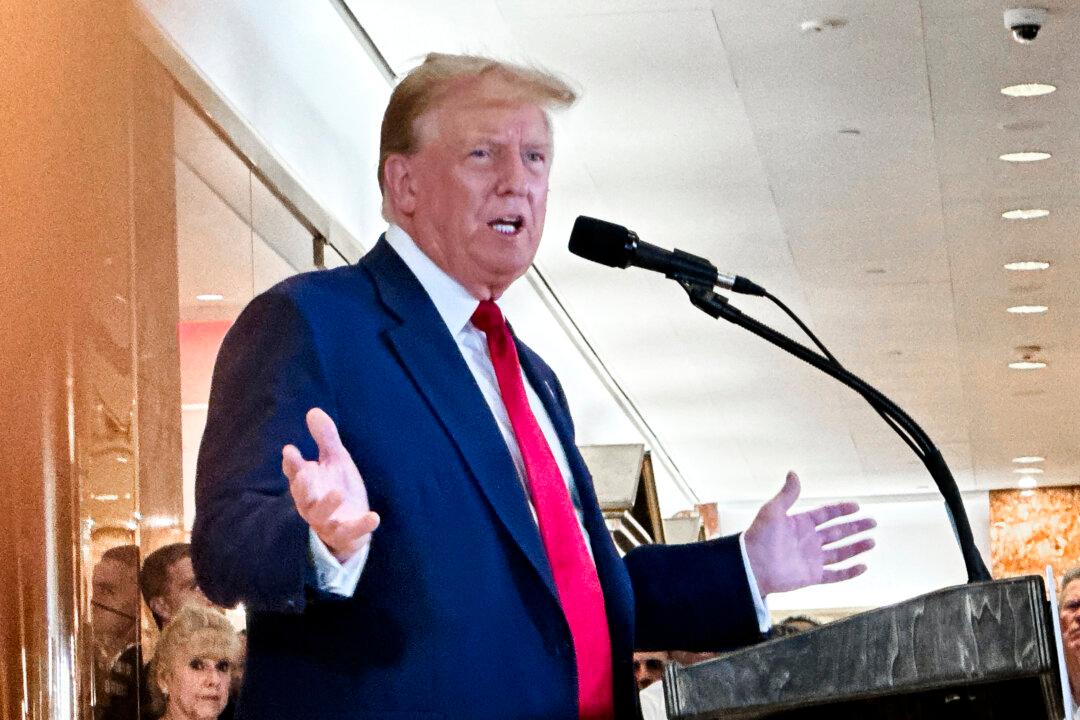Former President Donald Trump’s new status as a convicted felon has many questioning whether he will be able to vote in his home state of Florida this November.
On May 30, a Manhattan jury plunged the nation into uncharted waters when it found President Trump guilty of falsifying business records to conceal another crime, which is a felony in New York.





